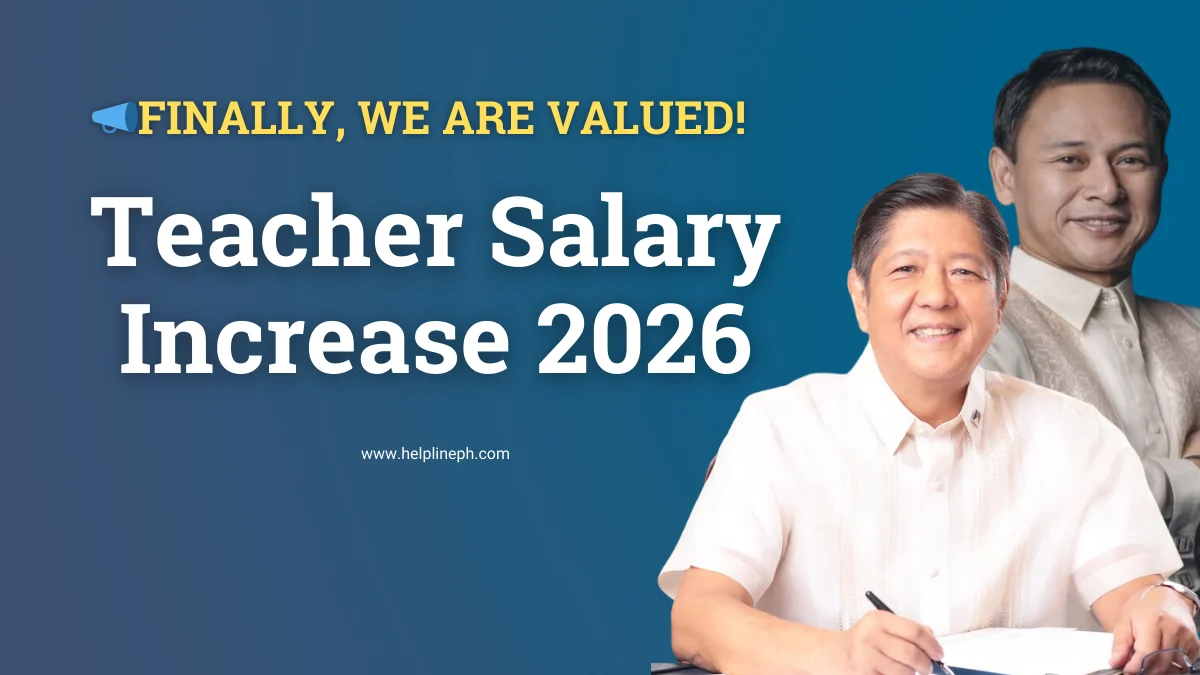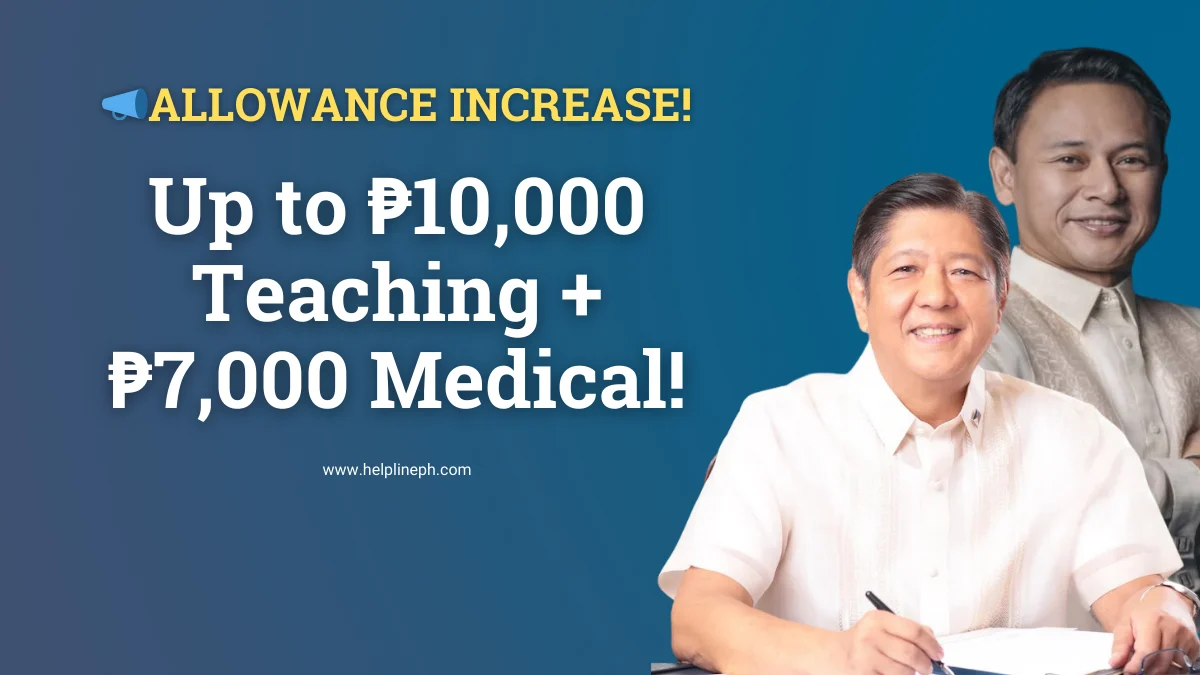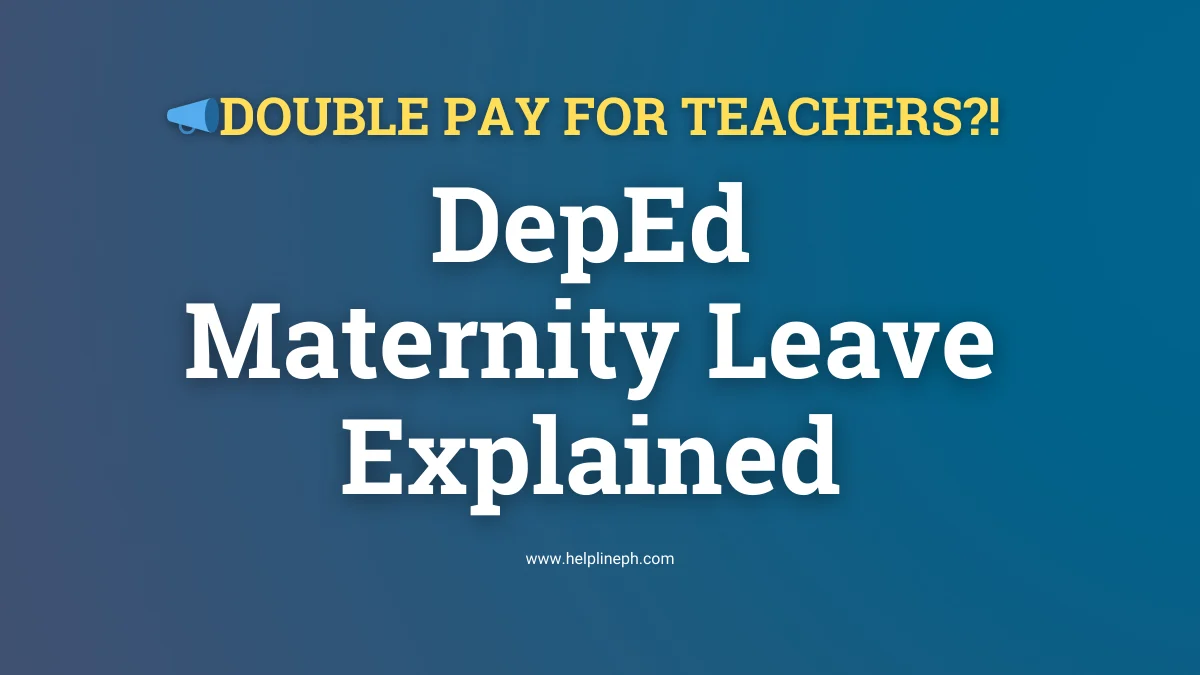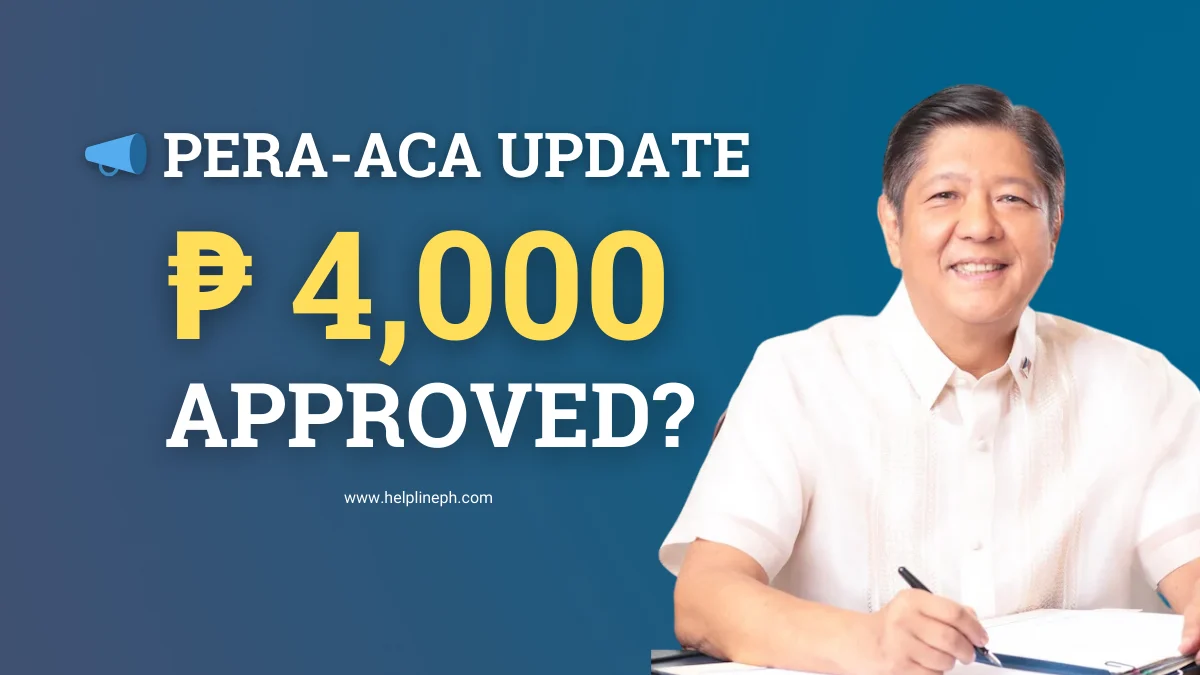Proportional vacation pay is a privilege for teachers: Should it be applicable to non-teaching personnel or other agencies?
What is proportional vacation pay?
Proportional vacation pay means the teachers are not entitled to the 15 days of sick leave and 15 days of vacation leave, which means 30 days of leave privileges. Teachers have PVP. They received salary in April and May, even though they did not work. They still received a salary.
During Christmas break, they have a long vacation and they don’t have to work, but they still receive wages. April and May are only based on their attendance from June to March. So if teachers were absent from June to March, their salary would also be deducted during April and May.
It is usually three in one, of three absences, which is equivalent to one day, which was deducted from their earnings for the months of April and May. So, minimize absences. That’s what happens even if teachers take leave without pay. Their proportional vacation pay will also be deducted.
So teachers have wondered why their salaries were deducted in April and May if there were absent from June to March because they have proportional vacation pay for their attendance. For example, if they get sick, they cannot avoid getting sick. They have their service credits. They have service credits to use if they feel sick, so their salary will not be deducted and their leave will still be paid.
Teachers don’t have vacation leave, and if they want to go on vacation, what do teachers do? They have to file for leave, but it is without pay. April and May’s salaries will also be deducted. The school heads will not be included in the proportional vacation pay because they are required to report to school. That is why they don’t have a Christmas break, and they don’t have a summer break either. So school heads are also entitled to the privileges of 15 days’ vacation leave and 15 days’ sick leave.
It is not a special privilege but the same privilege given to other government employees under CSC MS No. 9, 2012. Teachers are not complainers. They are just upholding their rights. Teachers have proportional vacation pay because they are not entitled to the annual leave credits with pay. That leave includes 5 days of mandatory leave, 3 days of special leave, 15 days of vacation leave, 15 days of sick leave, and birthday leave.
This kind of leave is enjoyed by other government employees as well. Two months’ vacation, or proportional vacation pay, is not a special privilege but the same privilege enjoyed by other public servants that is often violated by DepEd if it is not granted or enforced.
If the teachers get sick and they don’t have a service credit, their absences will be deducted from their salary. Unlike other government employees, once they get ill, they can file a leave request without deduction of salary.
Under Memorandum No. 9, p. 2012. Sec. 6. Teacher’s Leave- Teachers shall not be entitled to the usual vacation and sick leave credits but to proportional vacation pay (PVP). Every school year, the Department of Education (DepEd) will come up with a formula to figure out how much PVP each teacher will get.
“A teacher who has rendered continuous service in a school year without incurring absences without pay of not more than 1 1/2 days shall be entitled to the total proportional vacation pay earned from the number of summer and Christmas vacation days as determined by the DepEd.”
Therefore, teachers have to enjoy the summer break or long vacation from July to August. Although the vacation cannot be felt by some teachers or enjoyed in full due to some paperwork, the teachers still survive. They are still thankful that they still have a short vacation. – Doki | Helpline PH





